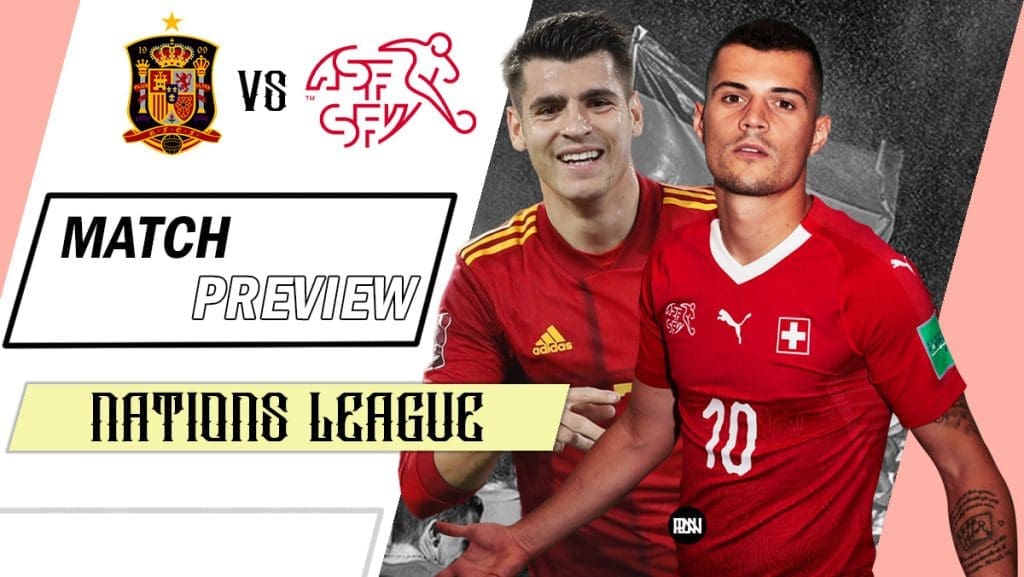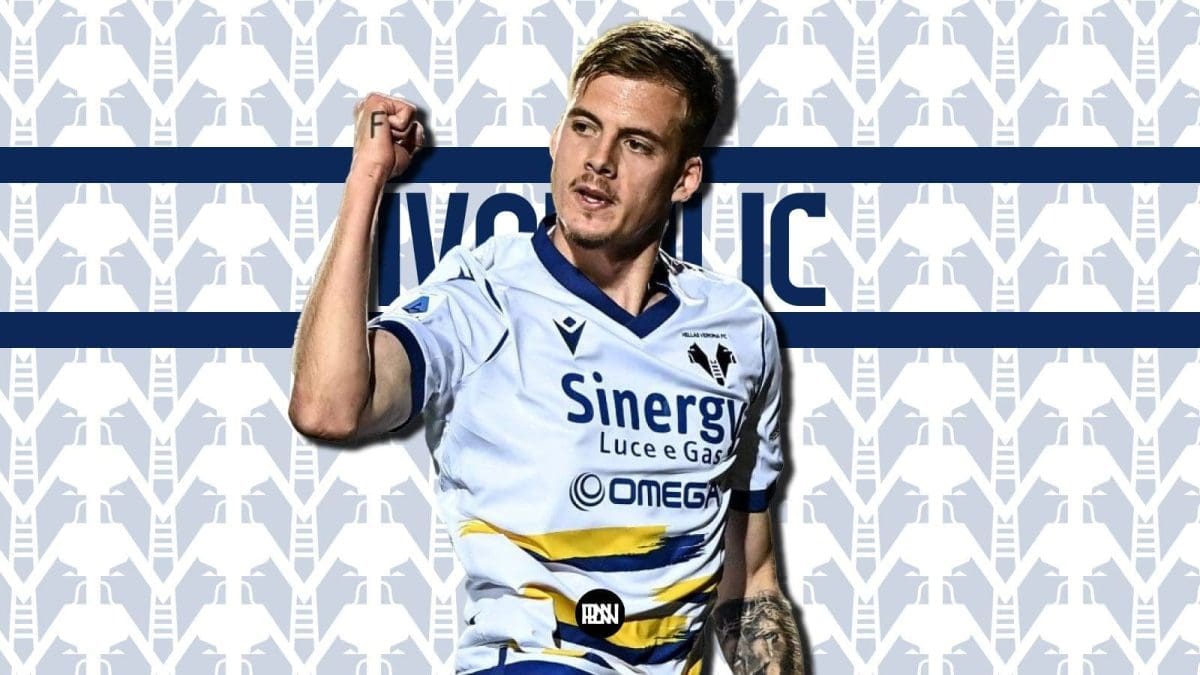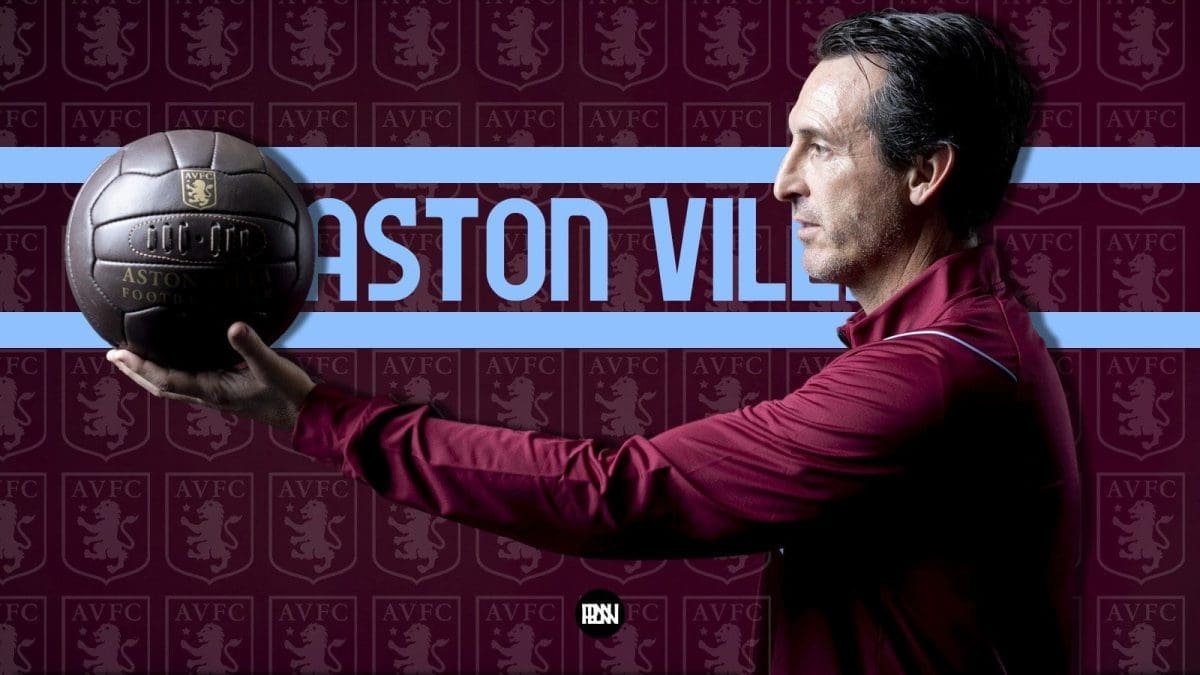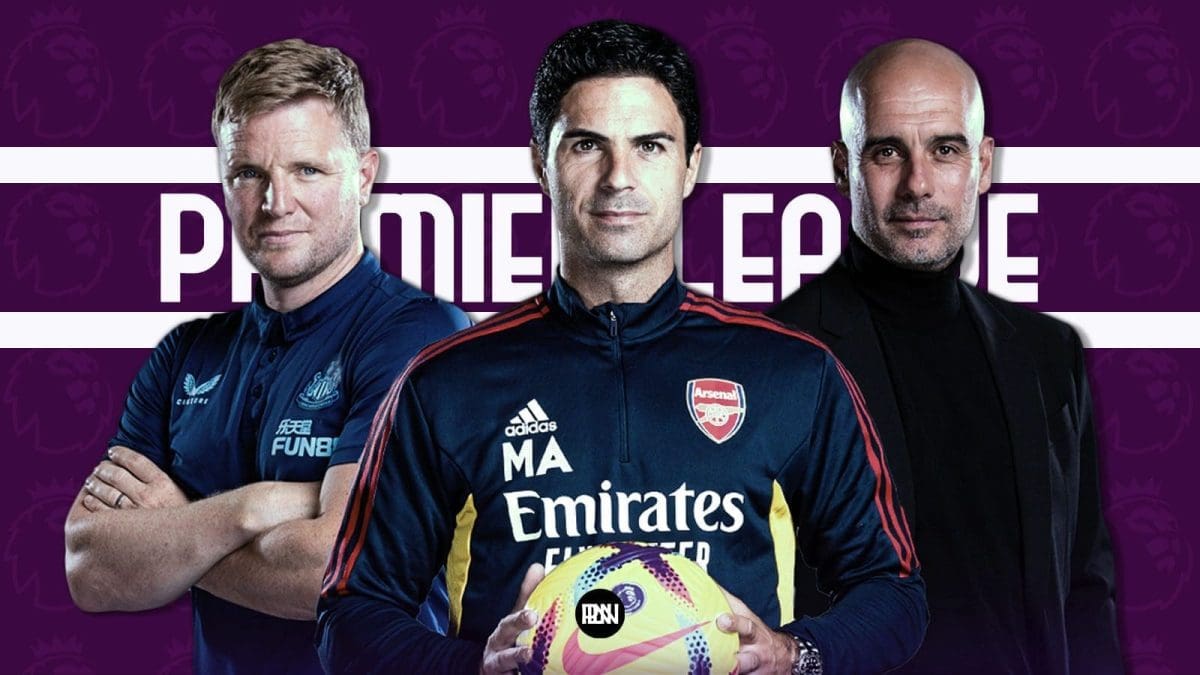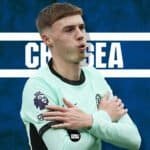Just under a year ago, the ownership of renowned businessman, Mike Ashley, after 13 years sold the club, with Newcastle United historically announcing that the Saudi Public Investment Fund (PIF) would own the majority stake in the club.
The takeover was largely protested by fans of the Premier League; claiming that the investment in the club would come from unethical means. This was despite the cases of teams such as Manchester City and Chelsea’s owners operating in the league, both of whom had controversial backgrounds and concerns arose regarding the rather consistent pattern of alleged “excessive” funding within the clubs.
When Roman Abramovic (2003) and Sheikh Mansour (2008) took over their respective clubs, UEFA’s scheme of combating excessive or unfair spending, Financial Fair Play (FFP), wasn’t officially put into place until 2011. According to UEFA, their definition of FFP consisted of the rule aiming to: “Not make all clubs equal in size and wealth but encourage clubs to build for success rather than continually seeking a ‘quick fix’. Football clubs need an improved environment where investing in the future is better rewarded so that more clubs can be credible long-term investment prospects.”
This attempt to prevent clubs ‘buying’ glory has continued to be enforced and with Newcastle’s new source of money, many questions were raised. Despite numerous attempts to block the takeover, it eventually went through and before fans of the Geordie club knew, they appeared next in line to the path of glory that fellow English clubs, Chelsea and Manchester City, faced themselves.
This excitement, however, needed to be placed on hold. UEFA was sure to keep a close eye on Newcastle and their new spending habits and even with the estimated £320bn the PIF owns, it would be impossible to think that then-relegation candidates could instantly challenge for titles after a couple of months. Newcastle’s new co-executive director Amanda Staveley even stated shortly after buying the club that the plan is to challenge for the Premier League title within the next “10 years”.
But before Newcastle could start their journey to challenging for trophies once again, they needed a new manager to lead the club after the dismissal of Steve Bruce.
A shortlist for the future
Newcastle’s managerial shortlist at such an early stage of a rebuild was a crucial one. It would dictate the strategy of the club over a long period and the incorrect coach had the potential of delaying the project with a negative beginning – after all, there were no doubts that the PIF would back the new manager early on with Newcastle battling to stay up at the time.
Initially, the choice for the club was Unai Emery. A man who had previous experience managing in the Premier League with Arsenal, as well as a European pedigree with a total of 12 trophies in his coaching career abroad. Senior members of the Newcastle board agreed that Emery was the right choice for the role and underwent the process to poach the Spaniard from his current club, Villareal. Before Newcastle could even fully establish their proposal, Emery jumped into the well-known murmurs that Newcastle was after him and publicly stated that:
“The Newcastle project is an attractive project, something to build, different to Arsenal. With Arsenal, you first had to knock down the walls, which is hard work, then start to build again. Newcastle no, it was just about building, from the ground up. So, it is different, and I liked the idea.
The Premier League is an attractive league for all us coaches. So, when Newcastle called me, I thought a lot about the opportunity to return to England, to a serious project. For me, it was a source of pride, satisfaction and I appreciated it. The opportunity of a club like Newcastle, what it could turn out to be, it is normal for me to listen to the offer, to consider it.
I thought about the offer, and I spoke with Fernando Roig (Villarreal’s president) but I also had to take into account that we were in the Champions League with Villarreal, mid-season. In the end, with a lot of respect for Villarreal, and a lot of respect for Newcastle, I decided to stay here. I am happy here and we are doing an important job.”
Unai Emery likely wasn’t lying when he spoke about the fact that the offer was attractive. After all, it does sound like a dream on paper for a football fan to be a part of such a project and potential budget. With Newcastle’s priority choice turning down the move, the club needed to look elsewhere for their new manager – this is one that they could not afford to get wrong.
Names along the lines of Paulo Fonseca, Roberto Martinez and even Mauricio Pochettino were all thrown into the ring although a clear favourite for the job emerged for Newcastle United, former AFC Bournemouth manager, Eddie Howe.
The ‘Eddie Howe way’
Eddie Howe’s time at Bournemouth showed the qualities that he could bring to Newcastle. He was by no means the first-choice option for Newcastle United as the new manager, although it was well known that he had experience in taking teams from a struggling time into a far more positive and stable environment. The contract on the table brought upon Howe was a three-year deal that would’ve seen the Englishman engineer the beginning of a long-term project at Newcastle that may have seen another manager take over from Howe after as the club projected to progress up the league table.
It almost felt like Eddie was an ‘interim’ for the club, despite the multi-year deal. Even if that was the perception of Howe from the Newcastle board, it certainly would not have been a choice. Newcastle improved instantly from Howe taking over as he began to implement the ‘Eddie Howe way’ of doing things around the club – encouraging 100% effort and positivity within his players.
Eddie Howe isn’t just a top man-manager too; tactically, Newcastle’s gameplans changed and improved even with the temporary decision to remain in a 4-4-2 formation from the previous manager, Steve Bruce, as his players began to adapt to his methods. Howe initially struggled and it wasn’t a surprise as Newcastle looked doomed for relegation no matter who might’ve been at the helm, and this is where Newcastle developed themselves into a type of ‘waiting limbo’ for the transfer window.
Newcastle did not hold back in the January transfer window by spending just under £100M and setting a new club record. The transfer window for Newcastle and Howe was the turning point as marquee signings, such as Bruno Guimarães, Kieran Trippier, Dan Burn, Joe Willock, Chris Wood etc. all rebooting the season for the Magpies.
Eddie finally got his much-needed reinforcements to the club, and he could finally craft and mould the Newcastle team to his ideal vision. He settled on interchanging between a 4-3-3 and 4-5-1 formation that focused on using Kieran Trippier as the attacking outlet and allowing the former-Atletico Madrid man to do what he does best up the pitch. It also allowed for Chris Wood to play as a focal point for Howe and he proved to be a reliable alternative to the injured Callum Wilson.
Howe also prioritised a more fluid style of play when having possession of the ball and one of the most notable decisions he made was the surprising change of Joelinton’s role from an out-and-out striker into more of a box-to-box midfield role. The decision was a bit of a gamble as an attempt to revive the struggling Brazilian’s career and the unique idea of playing Joelinton in such a different role on the pitch paid off for Howe and his men as it highlighted Howe’s ability to recognise his players and their exact abilities, whilst also having a brilliant understanding of his players mentally themselves and building close relationships with them to get the very best out of his players – demonstrating the ‘Eddie Howe way’.
Onwards and upwards
Newcastle finished the season in 11th place in the Premier League. It seemed rather astonishing, given that it looked almost impossible for the club to escape relegation at numerous points of the previous season. Eddie Howe spent a lot of money on his team, but it shouldn’t take anything away from the work he had done at the club. After all, many managers have failed at the highest level to stabilise or even improve clubs at any level even with larger-than-usual budgets.
Throughout this season’s summer transfer window, Newcastle officially announced a new contract extension for Howe. This has been defined as a “long-term contract” with an undisclosed amount of time added to Howe’s reign and this comes just nine months after initially agreeing to sign with Newcastle. The board were impressed with Howe and his charismatic personality on and off the pitch; sporting director, Dan Ashworth, hailed Eddie Howe by saying:
“I’m delighted Eddie has committed his long-term future to Newcastle United. He is an incredibly talented leader and has had a huge impact since being appointed in November. In the short period of time, I have worked with him, I have seen how much of a diligent, detailed, hard-working coach and leader he is. This is great news for the club, and I am looking forward to working with Eddie and our colleagues on our exciting journey ahead”
Howe was never considered to be a ‘weaker’ manager within the league and whilst it remains unfortunate that he was originally not on the candidate list to lead the team, he has certainly given the club a spark to be excited about. Newcastle’s shareholders explained that: “We are excited to have secured Eddie’s long-term future. He is a young, dynamic, and ambitious coach who fits Newcastle United well; we look forward to working with him and supporting him as we strive towards achieving long-term”
At one point, there were even suggestions for Eddie Howe to be tipped to become the next England manager as his encouraging spell at Bournemouth for a relatively young manager (44) created positive signs of a future ‘heavy-weight’ manager. It is, admittedly, perhaps peculiar that a contract extension was given to Howe so early into his new Geordie chapter although claims that it was a largely pre-mature decision cannot be argued by Newcastle fans, who are currently forming Howe as a fan-favourite after his impressive turnaround of the club.
Impressing the new owners as quickly as Howe had done was far from an easy task, yet Howe’s unique resilience and mindset could quickly influence such a decision to be confident in their choice to back their new manager. This was especially clear during the poor start Howe’s side faced shortly after his arrival and dealing with many incidents of COVID, yet it didn’t stop Eddie Howe from encouraging his team and exampling his man-management:
“Team unity and spirit has to be worked on; it’s not just going to happen. To get the guys back together and bringing the injured players too is key. It’s very important that we treat everyone with the same care and love”
The current season
The funds dispersed to Newcastle United for the summer did not by any means decrease from the January window. It actually increased, with Newcastle spending an estimated £120M on new signings this season to bolster their squad and allow Howe to take his side to the next level as they progress with their new long-term manager. Major signings included former Burnley goalkeeper Nick Pope, defenders Matt Targett and Sven Botman, and perhaps the most important signing of the window, recording fee-breaking striker, Alexandar Isak.
The intentions of the window were clear for Howe, and he vitalised defensive reinforcements with Pope, in particular out of the lot, looking like one of the more crucial signings as Howe also wanted a goalkeeper more comfortable with the ball at their feet than Karl Darlow or now-Manchester United loanee, Martin Dubravka.
Of course, Pope was already a top goalkeeper in the Premier League when he, unfortunately, got relegated with Burnley to the Championship and he was even pushing the number one role at the international level, with Jordan Pickford being questioned as England’s main goalkeeper. Arguably, however, Isak came out as the marquee signing of the window for Newcastle after splashing a whopping £60M on the Swedish star.
It has been an interesting start to the season for Howe, with only two wins in all competitions, including a victory in a Carabao Cup tie vs Tranmere Rovers. Out of Newcastle’s first seven games in the Premier League this season, the Magpies have drawn five, lost one and won their only game in the season opener against newly promoted side, Nottingham Forest. It may not have been the ’dream’ start for Howe, although to say that it has been poor would be harsh, especially considering that last season’s first win came after an incredible 15 games in the league and tied for bottom in the league. Ironically, Eddie Howe was the man in charge of Newcastle in that first win.
It might not have been as suggested by the results as it should be. But Newcastle’s performances in some of their games have been a massive step up from the end of last season. Games against Manchester City and Liverpool this season highlighted the difference that Howe has been within games with encouraging performances as he looks to solidify his perfect side. Howe appears to have settled on a 4-3-3 and continues to utilise Bruno Guimarães in the heart of midfield and use Allan Saint-Maximin as an attacking outlet that has proven to be largely effective in games that Newcastle is counter-attacking most of the time.
Conclusion
Eddie Howe will be given a lot of money to spend in the next couple of years in his Newcastle career. He has proven that he is a manager more than capable of leading a top team and he has all the necessary tools and potential to become an elite manager in the league and join the names of Pep Guardiola. Jürgen Klopp, Antonio Conte etc. At the time of writing, Newcastle currently sits at 10th in the league with a somewhat anti-climatic eight points on the board. It’s still very early into the season and jumping to any conclusions would not be warranted in any circumstances for now.
Howe has a lot of trust placed on him by the new Newcastle board and based on the quick turnaround of results through a perfect combination of tactical proficiency and elite man-management, he will likely have that trust locked into his career. It is very unlikely that Newcastle would cut short the project with Eddie Howe and even if they were to do so, it would not be for a minimum of a few years – perhaps then could other managers with a top European reputation could come into the club i.e. Unai Emery. But for the present time at Newcastle, Howe’s ingenuity is very much respected by fans, and he will continue to improve Newcastle season by season.
Newcastle United take on promoted side Fulham after the international break and Howe will be hopeful of stringing together a consistent run of wins – can he get his side to kickstart a good run of form for the season?



